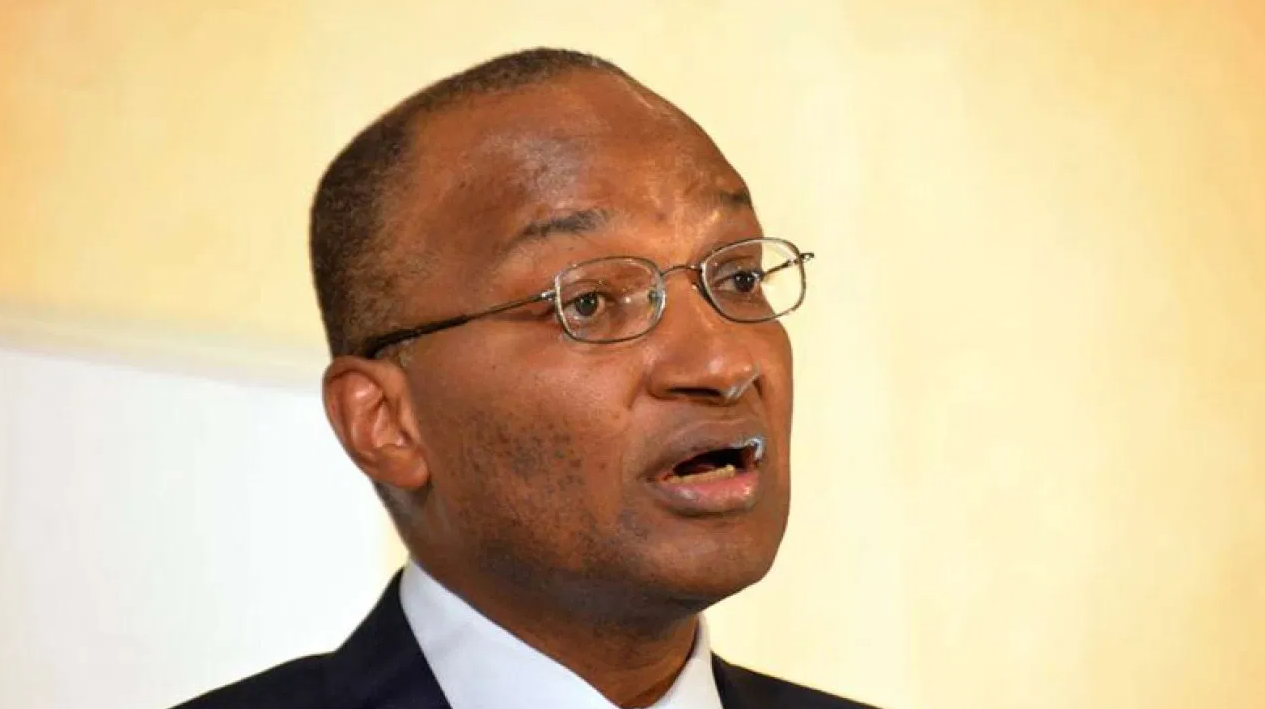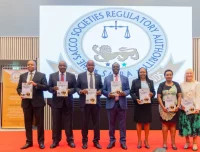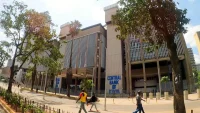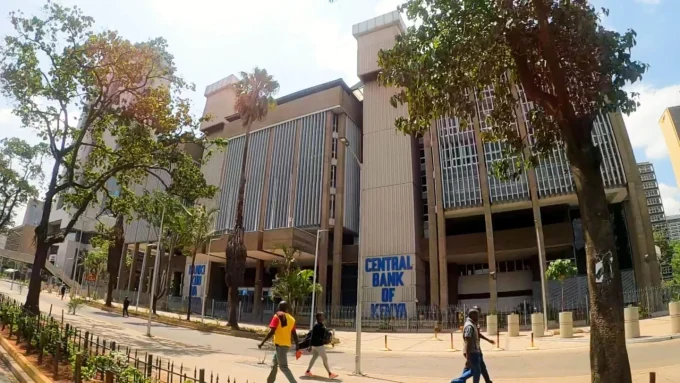The Central Bank of Kenya has announced it had lowered the interest policy rate further to 7%, the lowest level in nine years, seeking to ease monetary controls and boost credit levels in the economy.
This is the fourth consecutive time the Monetary Policy Committee (MPC), CBK’s think tank, has reduced the so-called Central Bank Rate (CBK), to stimulate commercial banks to release credit to households and private sector. This is another indication of the tough road ahead as CBK tries to juice up business activity to prevent the economy to from sliding into a recession.
Rate cut not enough
In its April meeting held on Wednesday 29th April 2020, the MPC lowered the CBR to 7% from 7.25% and the Cash Reserve Ratio (CRR. “As a result of the reduction in March, 43.5% of funds released to the banking sector has been utilized with tourism, real estate, trade and the agricultural sectors being the main beneficiaries,” said Dr Patrick Njoroge, CBK Governor and Chairman of MPC.
With the economy slowing further, choked by the Covid-19 pandemic, it will take more than lowering the signal rate to excite credit markets. Commercial banks and Saccos are growing more jittery with more Kenyans being pushed out of jobs or contending with pay cuts.
Even the most daring digital lenders and micro-credit providers have developed cold feet, fearing higher defaults, which not only strain cashflow but also increases the cost of recovering loans. CBK’s move should be backed up with a bold economic stimulus package to have a major impact.
CBK figures indicate that as per March 18th 2020, loans worth Ksh81.7 billion have been restructured as banks respond to requests from firms in the tourism business, restaurants and hotels (31%), building and construction (17%), real estate (17.2%) and trade (12.4%).
Fiscal measures by the government to contain the Covid-19 pandemic will result in what CBK estimates as a fiscal impulse of 2% of GDP in the 2019/20 financial year. In light of the effects of COVID-19, CBK projects economic growth rate to decline sharply to about 2.3%.
SEE ALSO >> Kenya’s Rich Get Even Richer After Selling Bank
A special MPC Private Sector Market Perception Survey in April targeting hotels and commercial banks, indicates that virtually all hotel bookings for the second quarter of 2020 were cancelled. This was due to pandemic related travel restrictions.
Flower hopes
Massive layoffs have also been noted in the hotel industry due to closures of several joints. CBK said lower oil import prices will offset the projected reduction in diaspora remittances. COVID-19 is expected to hit hard horticulture exports and receipts from tourism and transport.
Analysis by the CBK shows that the flower industry, which is on high season between March and April, are on the list of sectors that will be hardest hit. The ease of lockdowns in Europe as well as maintaining of cargo space by KQ and other airlines plying Nairobi route, offers some reprieve for the flower industry.
READ >> Reprieve For TV Anchor Jeff Koinange in Sh130m Loan
MPC insists that the banking sector remains liquid and stable with the ratio of non-performing loans to gross loans standing a 12.5% in March compared to 12.7% in February, 2020.
Private sector credit grew by 8.9% in the last 12 months, with manufacturing, building and cvonstruction, trade, transport and communication and individuals being the biggest creditors.
The Monetary Policy Committee expects inflation to remain within the target range of 2-7% despite disruptions by Coronavirus as favourable weather continues. The Committee has decided to reconvene within a month, ready to take additional measures as it monitors impact of its latest monetary policy adjustments.













Leave a comment